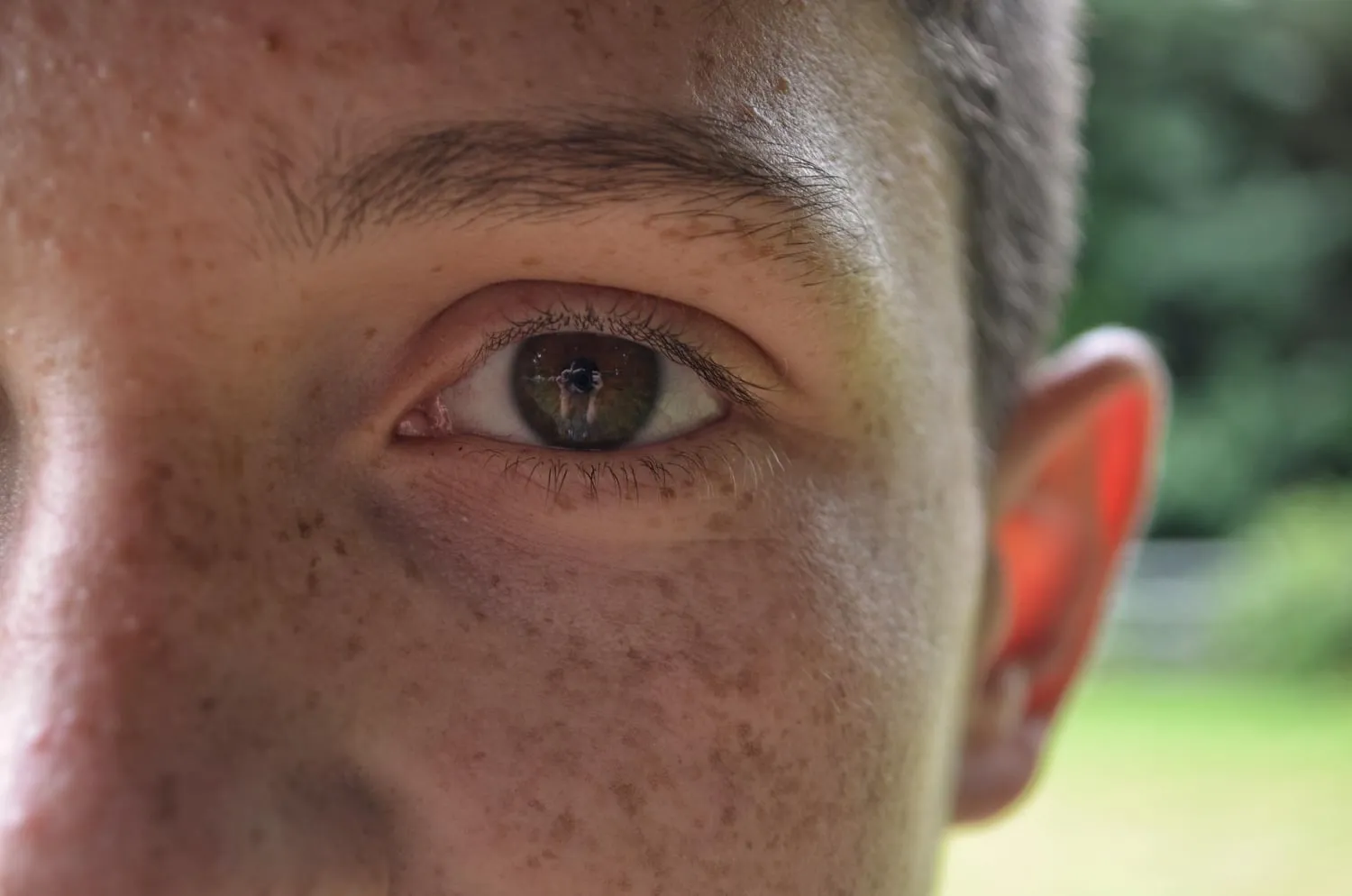When we observe excessive blinking in adults, we may have a problem that needs to be treated by an ophthalmology specialist. The first step is to identify the cause and whether it is an abnormal circumstance, in order to initiate appropriate treatment.
At Dr. Nebro's clinic we would like to clear up any doubts about what happens when blinking is more frequent than usual. This way, you will be able to assess whether you need to consult a specialist.
What causes excessive blinking in adults?
Excessive blinking in adults can be caused by a variety of factors ranging from benign and temporary reasons to more serious medical conditions. When we blink, we rapidly open and close our eyes, activating a function essential to our visual health: proper lubrication of the eye.
Conditions ranging from having the dry eyeThe symptoms of eyelid irritation, from allergies to pollen, dust or pet hair to itchiness, redness and, of course, excessive blinking, are also common. Blepharitis, i.e. inflammation of the eyelids, is also a common cause, as well as stress and anxietyemotional states that can trigger nervous tics, including excessive blinking.
In addition, there are environmental factors that have a direct impact on your eyes. It is normal for intense lighting or prolonged exposure to bright lights to cause frequent blinking as an eye protection mechanism. Dry or polluted air, dust or smoke can irritate your eyes and make you blink more than usual.
Finally, the eye fatigue due to prolonged use of digital devices or activities requiring close visual focus often results in frequent blinking.
When is blinking considered abnormal?
Excessive blinking is considered abnormal when it exceeds the average rate, which is approximately 15-20 times per minute. Also, when it is very persistent and you cannot control it over a long period of time.
You can identify excessive blinking because it interferes with your daily activities, such as reading, driving, working on the computer or even having a conversation. If it is also accompanied by other symptoms, such as eye redness, tearing, foreign body sensation, pain or blurred vision, and does not respond to simple measures, such as the use of lubricating drops, we recommend that you visit our clinic.
What can excessive flickering indicate?
Identify the excessive blinking in adults and its causes becomes essential in order to initiate appropriate treatment for each patient. Although, as we have detailed above, there are many factors that can affect blinking frequency, we believe it is important to list the diseases and conditions that can present blinking as a symptom to be taken into account in case the problem does not improve.
Eye diseases
- Blepharitis: inflammation of the eyelids.
- Dry eye: lack of adequate tear production.
- Conjunctivitis: inflammation of the membrane covering the eye and eyelids.
Neurological diseases
- Blepharospasm dystonia: involuntary contraction of the muscles that control blinking.
- Tourette's syndrome: a neurological disorder that can cause tics, including excessive blinking.
- Parkinson's disease: in some cases, repetitive blinking may occur even before the disease is diagnosed.
Movement disorders
- Cervical dystonia: involuntary contraction of the neck muscles that may affect blinking.
Autoimmune diseases
- Sjögren's syndrome: an autoimmune disease that can cause dry eye and consequent blinking.
- Systemic lupus erythematosus: in some cases, increased blinking may occur.
Can excessive blinking in adults be treated?
Excessive blinking in adults and its treatment should be supervised by a specialist, taking into account the underlying cause.
Thus, for simple dry eyes, a treatment based on artificial tears may be sufficient, while for allergies we can resort to antihistamines.
More specialised treatment is needed when the flicker underlies a complex disease. For example, in the case of a neurological cause, botulinum toxin injections or an adjustment of medication to treat Parkinson's or Tourette's syndrome may reduce the symptom.
In the presence of stress or anxiety, cognitive-behavioural therapy or different relaxation techniques can help, without forgetting exercise and an improvement in daily habits.
Excessive blinking in adults can be due to a wide variety of factors ranging from eye fatigue to autoimmune or neurological diseases, reactions to external factors or emotional causes. In all cases, it is necessary to identify the main problem in order to apply the most appropriate treatment and, thus, improve your quality of life.



